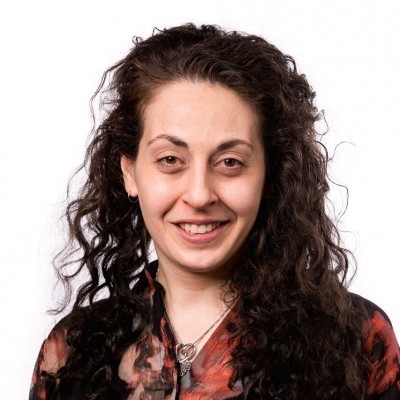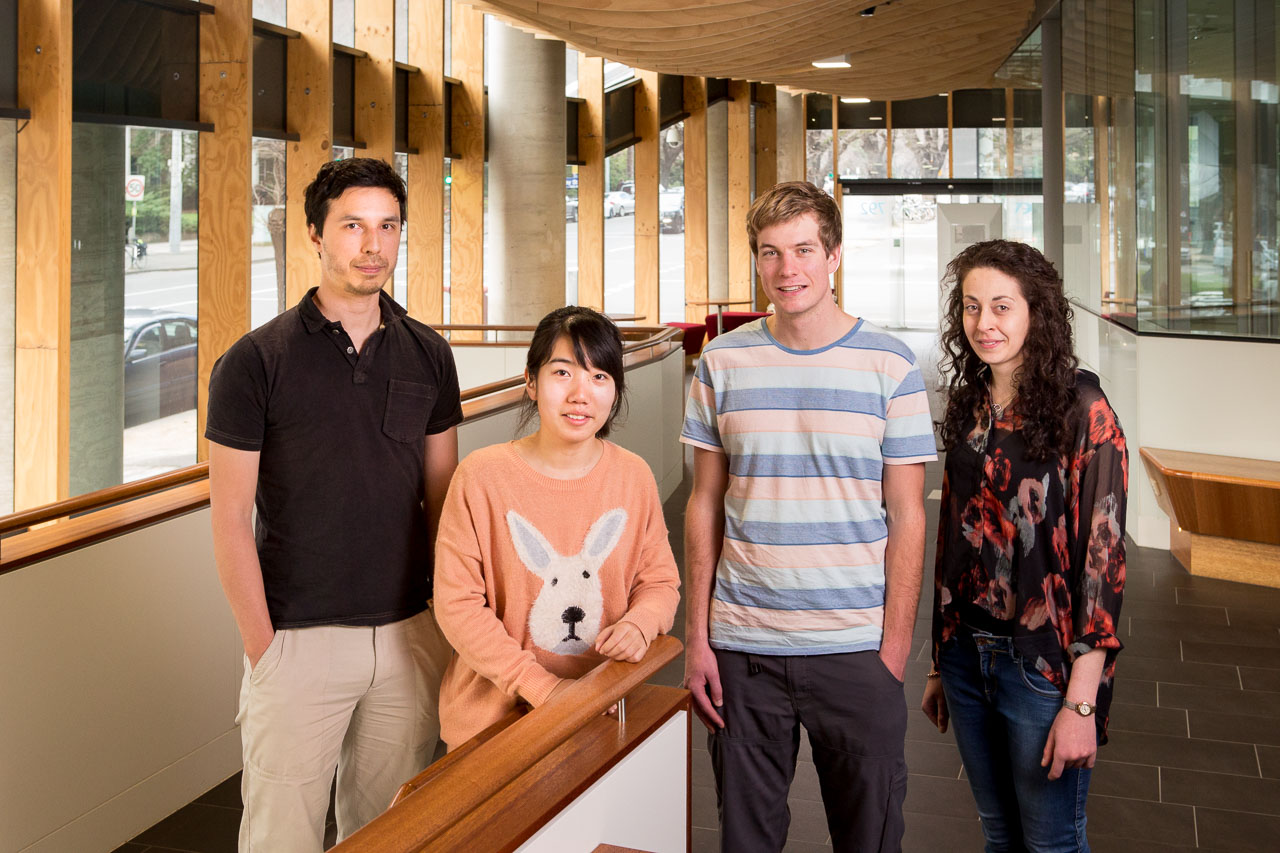-
Investigating the Mechanism of Action of the Antiviral Molecule, IFITM3
Cells of the immune system, due to the nature of their job, often find themselves at sites of active virus infection. Immune cells up-regulate the expression of an array of molecules upon entry into an inflamed/infected tissue and these molecules help render them resistant to infection. One such molecule, IFITM3, is a potent antiviral protein having the capacity to render cells resistant to influenza virus. To date, the precise antiviral mechanism(s) of IFITM3 is unknown. We are currently investigating the mechanism of action and regulation of expression of IFITM3.
-
Memory T Cell Responses in the Lung During Virus Infection
Many viruses enter the body by inhalation and initiate their replication cycle within the lung. The early stage of infection, while the virus is confined to the lung, provides the ideal window of opportunity for an effective immune response. Tissue-resident memory (Trm) CD8 T cells reside in the lung and are ideally situated to act during this window and stall the infection. Strategies that generate Trm within the lung hold significant therapeutic potential. Linda’s group are currently investigating Trm within the lung, identifying factors important in their differentiation and longevity.

Dr Linda Wakim
(03) 9035 4141 | linda.wakim@unimelb.edu.au
- Position:
- Laboratory Head
- Theme(s):
- Immunology, Viral Infectious Diseases, Influenza
- Discipline(s):
- Discovery Research
- Unit(s):
- Department of Microbiology and Immunology (DMI)
- Lab Group(s):
- Wakim Group
Dr Linda Wakim completed her Bachelor of Biomedical Science (Honours) and PhD research at the University of Melbourne, investigating how the immune system keeps latent viruses at bay. Linda completed a two-year international postdoctoral at the University of Washington in Seattle, USA investigating how the immune system combats virus infection of the brain. In 2011, she returned to Australia, completed further postdoctoral training at the Walter and Eliza Hall Institute (WEHI), and in 2014 established an independent research group at the Doherty Institute.



